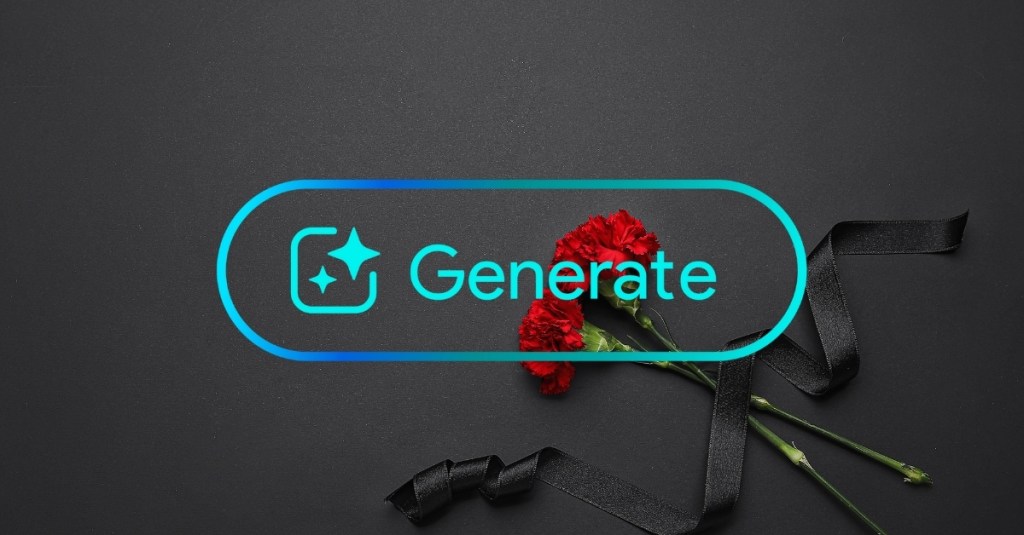UPDATE: AI-generated obituaries are surging in popularity as grieving families increasingly turn to tools like ChatGPT to craft heartfelt tributes. This trend highlights a shift in how we process loss, with emotional expressions now being outsourced to technology.
Families facing the pain of loss are finding solace in AI, with companies like CelebrateAlly and Nemu offering services to help create obituaries that resonate. For many, the pressure of finding the right words during such a difficult time has led to a growing acceptance of AI’s role in memorializing loved ones.
55-year-old Jeff Fargo shared his experience with the Washington Post, revealing that he “emptied my soul into the prompt” when using ChatGPT for his mother’s obituary. Fargo’s heartfelt creation struck a chord with his family, prompting him to consider AI for future obituaries, including for his father.
While AI tools provide convenience, some experts warn that this trend may strip away the deeply personal nature of memorials. Grief is a complex emotional journey, and the act of writing an obituary is often seen as a critical part of the healing process. Outsourcing this task could lead to a disconnect from genuine feelings.
AI startups are rapidly expanding into this niche, with funeral homes now regularly asking families if they would prefer an AI-generated obituary. On the surface, this may seem like a helpful option, but it raises questions about the emotional implications of delegating such a significant task to a machine.
The booming AI obituary business reflects a broader trend in our convenience-driven society, where technology is often employed to sidestep emotional discomfort. While some individuals find relief in automation, others argue that confronting grief head-on is essential for genuine healing.
Fargo’s AI-generated obituary not only met his family’s expectations but also set a precedent for how we view memorialization in the digital age. He expressed confidence in the process, stating, “It’s gonna be a banger,” when referring to a future AI obituary for his father.
As this trend continues to evolve, it raises critical questions about the human experience of grief. Will families lose a vital part of their emotional journey by relying on AI for one of life’s most significant moments?
As technology advances, society must grapple with the implications of outsourcing emotional tasks. The rise of AI-written obituaries is a stark reminder of how quickly we can delegate our feelings to machines, leaving us to ponder—at what cost?
Stay tuned for further updates on this developing story as we explore the intersection of technology and personal loss.
